Biggest US, UK fossil fuel firms profited in Myanmar after coup: Report
Some of the biggest oil and gas service companies from Western countries have continued to make millions of dollars from operations in Myanmar that have helped prop up the country's military regime.
A report published in the Guardian on Wednesday said leaked Myanmar tax records showed that oil and gas field contractors from the United States, Britain and Ireland continued to make millions in profit in Myanmar after the military coup in February 2021.
They provided essential drilling and other services to Myanmar’s gas field operators, according to the report.
The documents suggest that in some cases the subsidiaries of major US gas field service firms continued working in Myanmar, including with state-owned entities that financially benefit the junta, such as the national oil and gas company Myanma Oil and Gas Enterprise (MOGE).
The documents were obtained by the transparency non-profit Distributed Denial of Secrets and analyzed by Myanmar activist group Justice For Myanmar, investigative journalism organization Finance Uncovered and the Guardian.
US oil giant Halliburton’s Singapore-based subsidiary Myanmar Energy Services reported pre-tax profits of $6.3m in Myanmar in the year to September 2021, which includes eight months while the military was in power.
Houston-headquartered oil services company Baker Hughes branch in Yangon showed pre-tax profits of $2.64m in the six months to March 2022.
US firm Diamond Offshore Drilling reported $37m in fees to the Myanmar tax authority during the year to September 2021 and another $24.2m from then until March 2022, according to reports.
Last February the European Union announced sanctions against MOGE itself over “intensifying human rights violations in Myanmar” and the “substantive resources” MOGE provides the junta.
But the US and UK have refused to introduce similar measures and such direct or indirect dealings with MOGE are not prohibited for their firms.
Pointing to the hypocrisy, the US and its allies Canada, the UK and Australia imposed fresh sanctions on Myanmar on Wednesday, adding pressure on the military regime two years since it overthrew the civilian government led by Aung San Suu Kyi in a coup.
Since the junta seized power two years ago, more than 2,900 people have been killed in the military's crackdown on dissent and more than 18,000 have been arrested, according to a local monitoring group linked to the Junta's opponents, namely the People's Defense Forces (PDF), and a shadow government dominated by lawmakers from Suu Kyi's National League for Democracy (NLD).
Enraged by the military’s brutal repression, civilian militias have taken up arms, while deposed legislators have set up a parallel government.
Recently, the junta wrapped up a series of closed-court trials of Suu Kyi, sentencing the former leader over various charges to a total of 33 years in jail.
Last month, activists and a number of victims of abuse in Myanmar filed a criminal complaint in Germany, asking prosecutors to investigate top generals for instigating genocide against Rohingya Muslims and other atrocities since the coup.
The filing was the latest in a series of international legal efforts to try to hold Myanmar’s junta accountable for atrocities against the persecuted Rohingya Muslim minority.
In 2019, majority-Muslim Gambia brought a case against Myanmar for genocide at the International Court of Justice (ICJ) on behalf of the 57 member states of the Organization of Islamic Cooperation.
In July of that year, the court cleared the case to proceed, rejecting objections filed by Myanmar. A United Nations body has also been gathering evidence about the military’s actions in Rakhine and has expanded its work since the coup to cover the junta’s actions.
Iran: US airstrikes on Yemen war crimes, violation of international law
Yemeni armed forces down F-18 fighter jet, repel US-UK attack: Spokesman
Iran warns against US-Israeli plot to weaken Muslims, dominate region
VIDEO | Public uproar in US against Israeli regime
‘Ghost town’: 70% of Jabalia buildings destroyed by Israel
Mother’s Day: Sareh Javanmardi’s inspiring journey as Paralympic champion and mother
Russia downs over 40 Ukrainian drones as Putin vows 'destruction' on Kiev
VIDEO | Yemen: A bone in Israeli neck


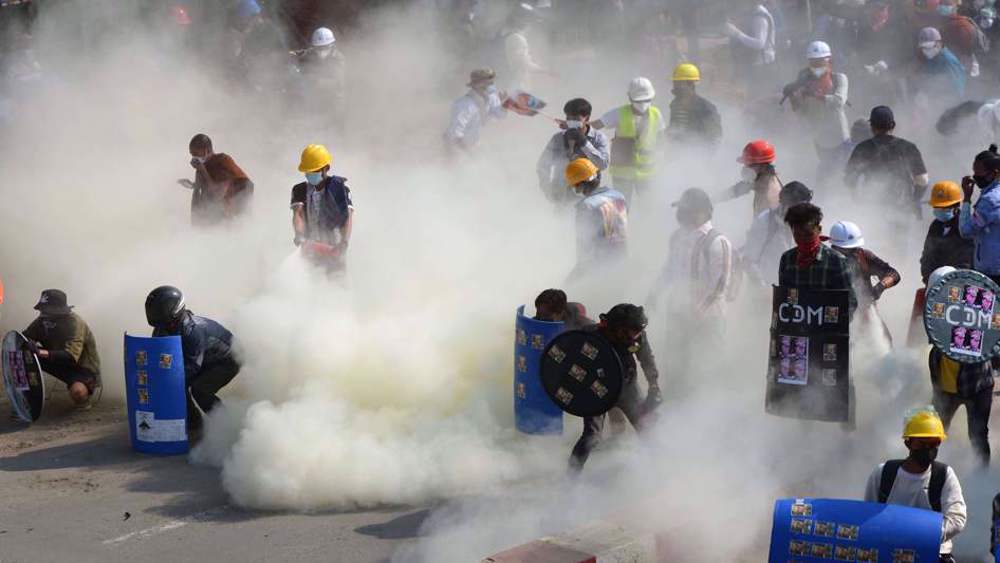
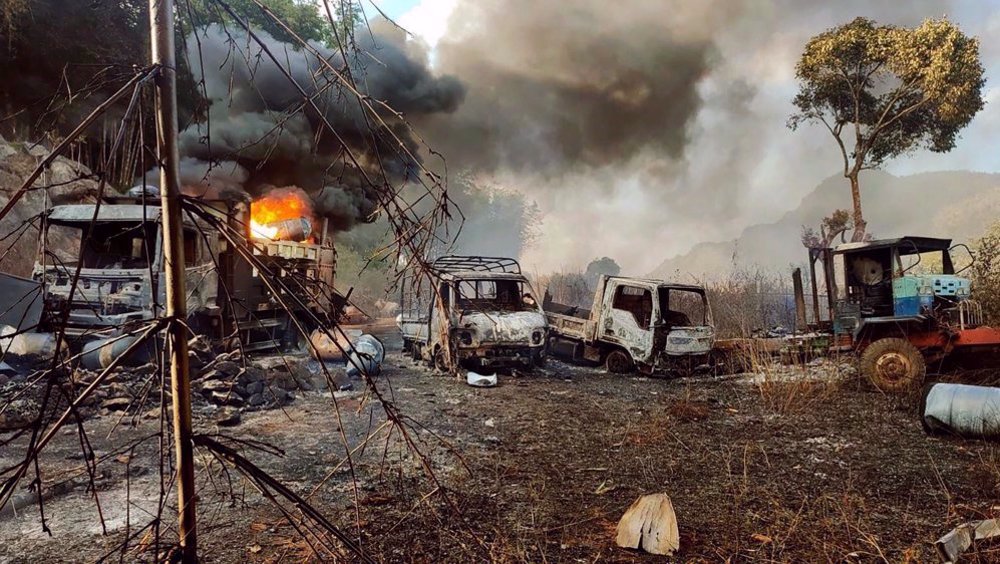






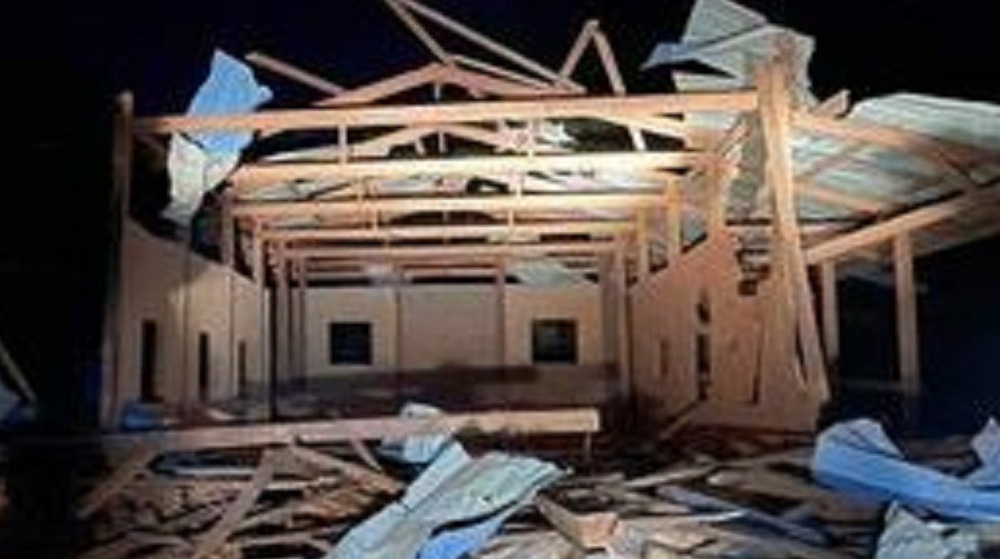
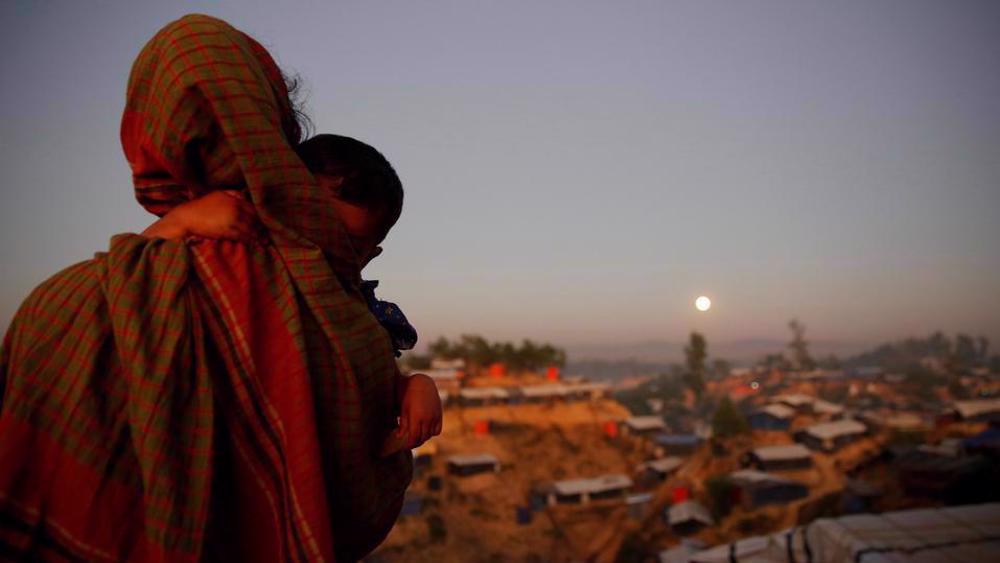
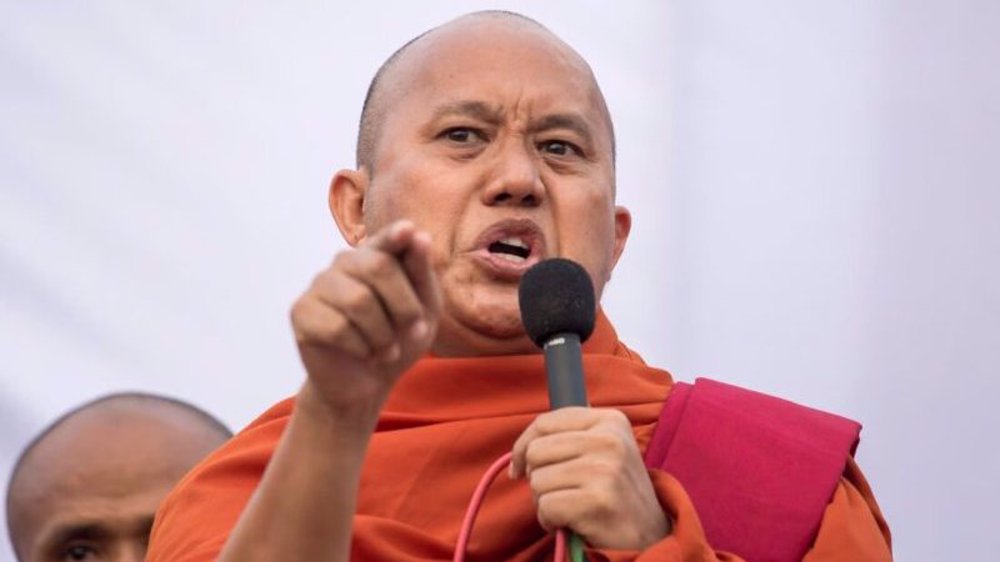
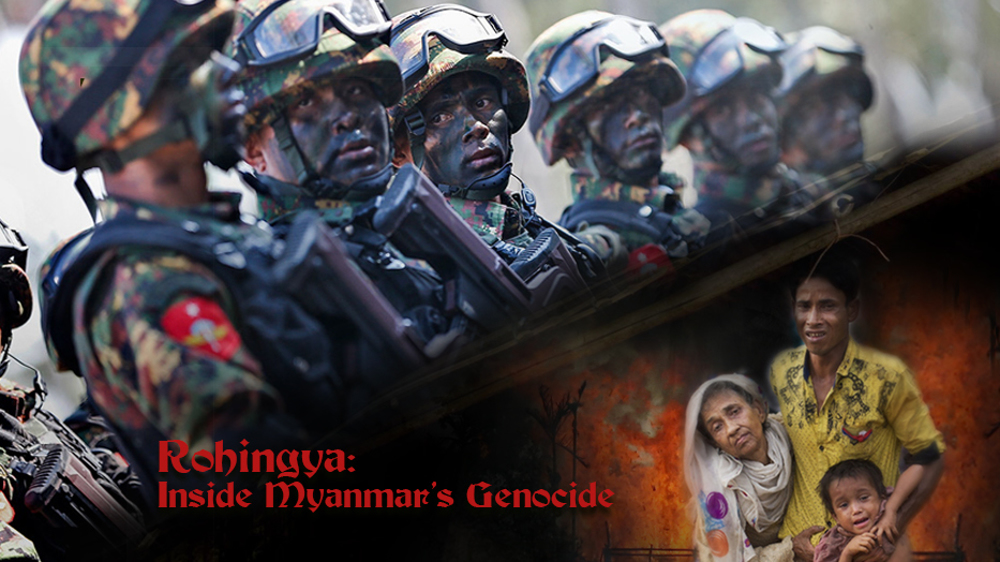
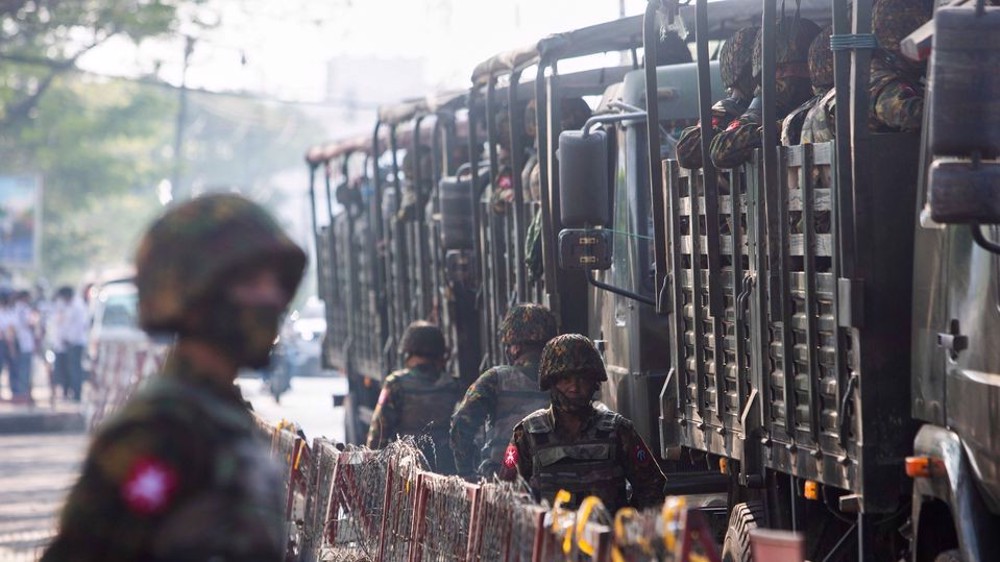

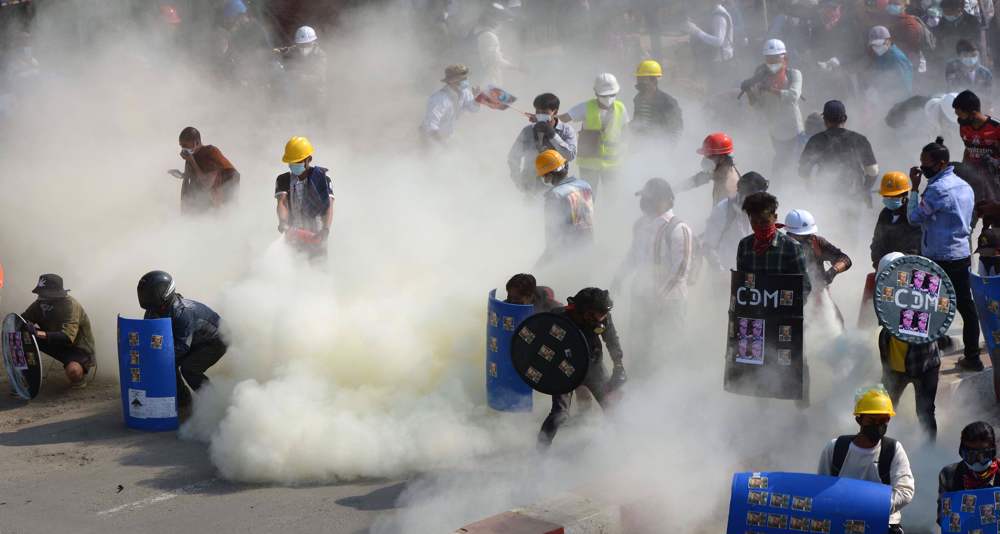
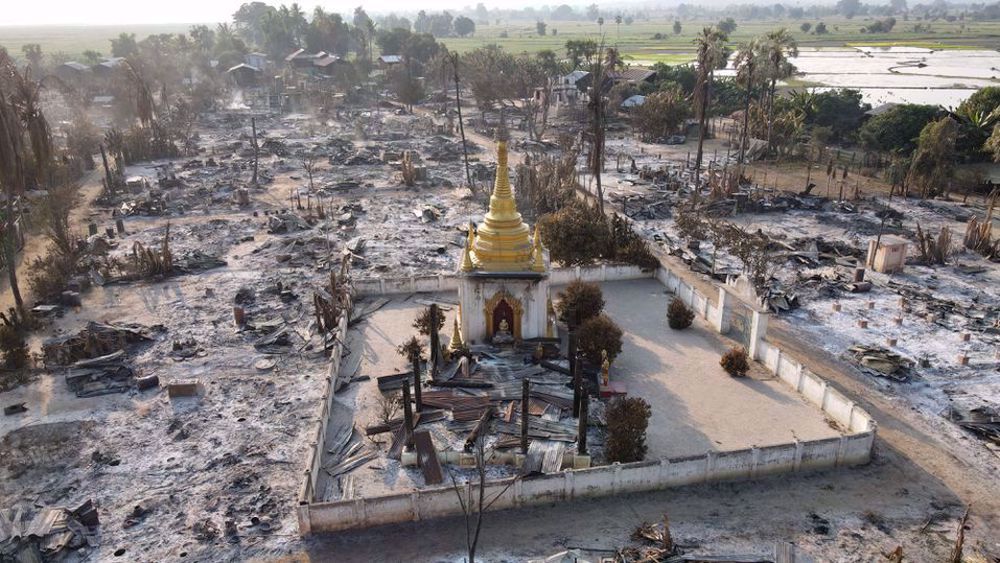
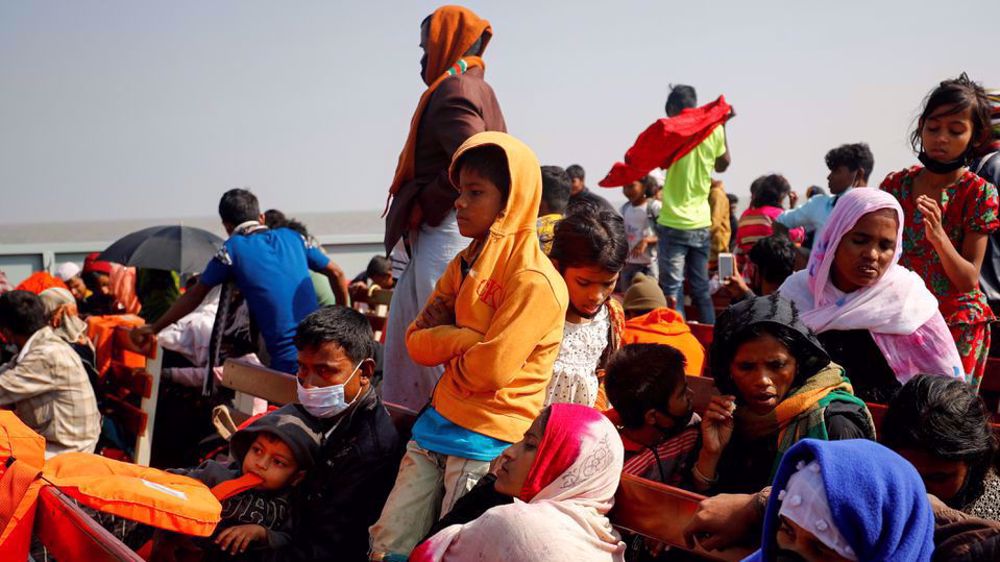

 This makes it easy to access the Press TV website
This makes it easy to access the Press TV website